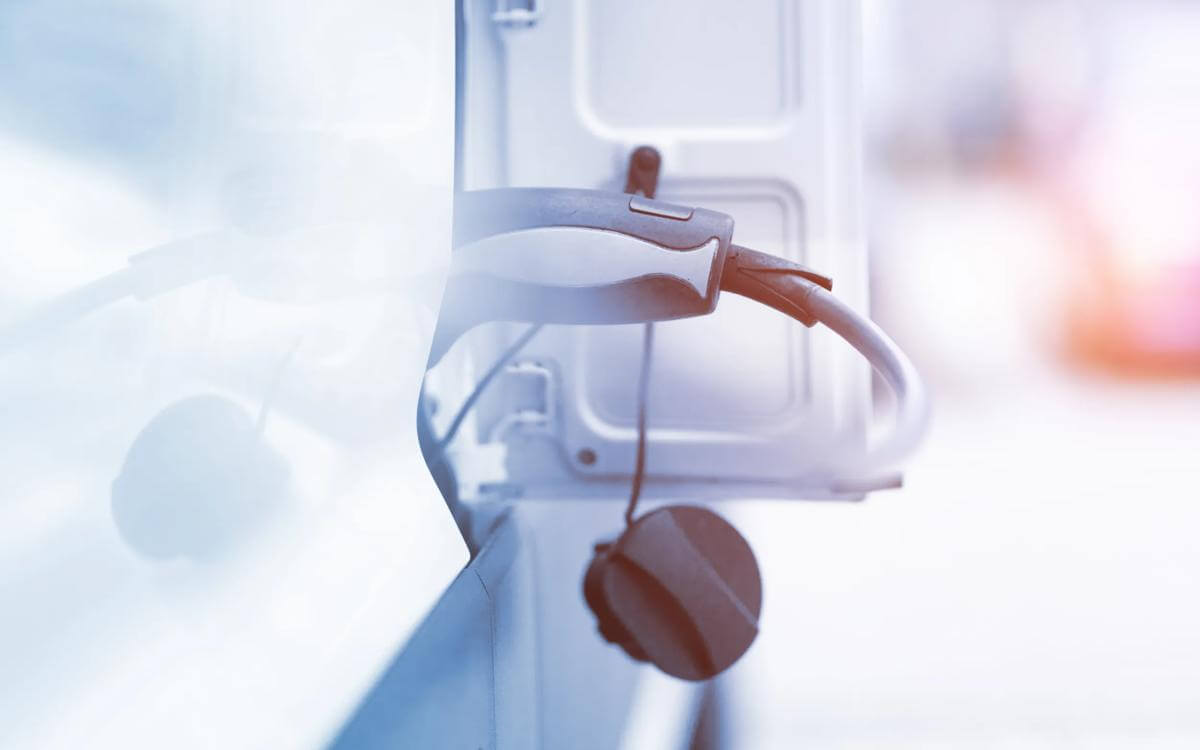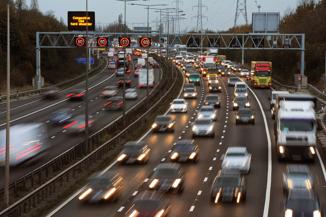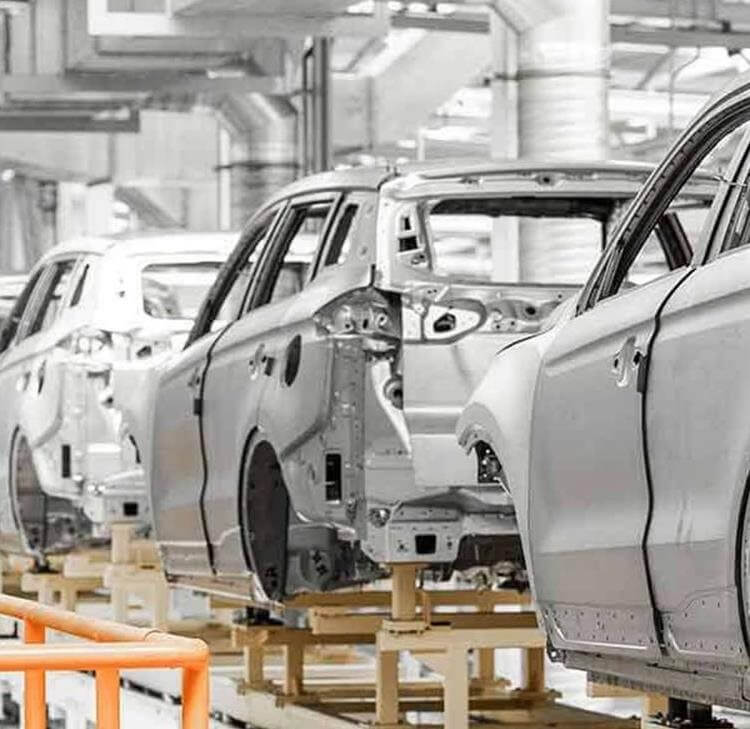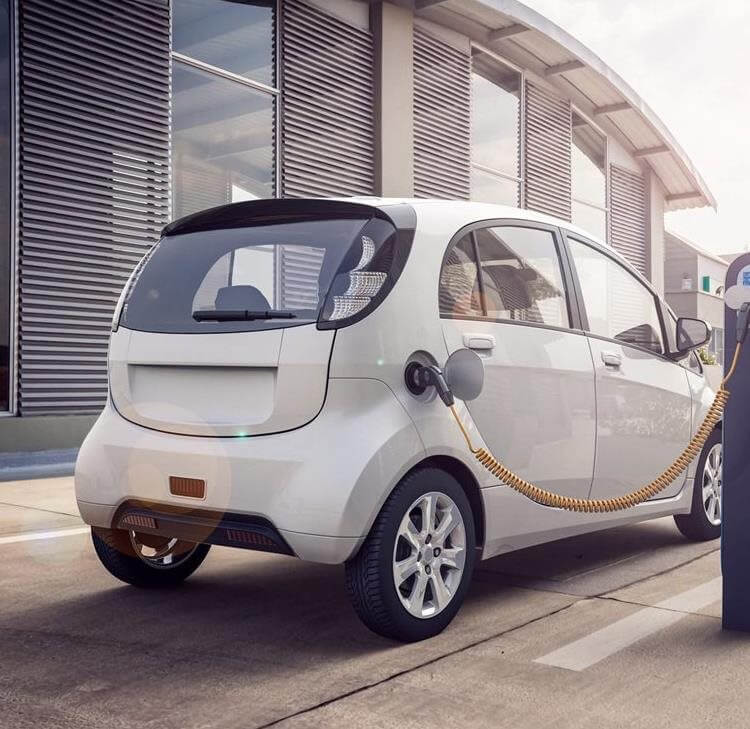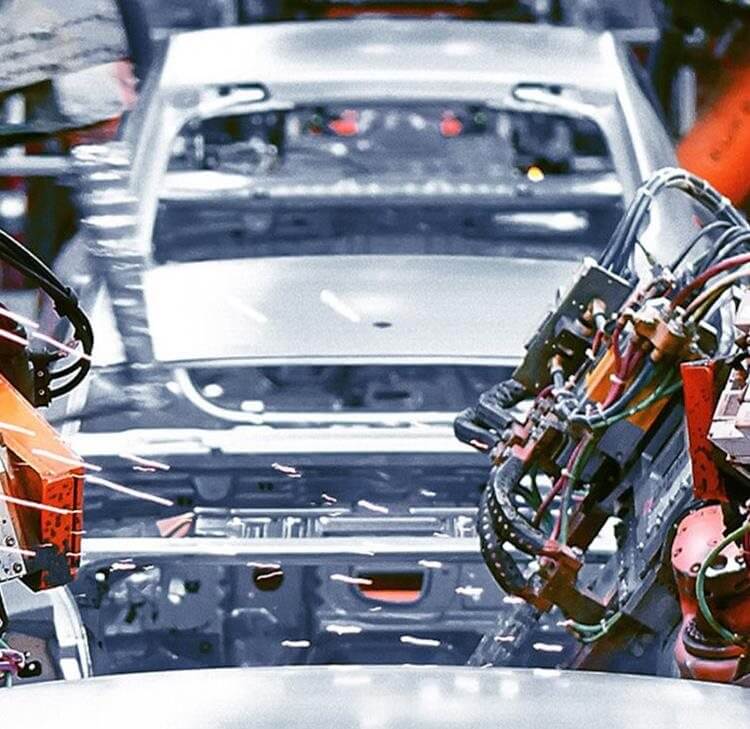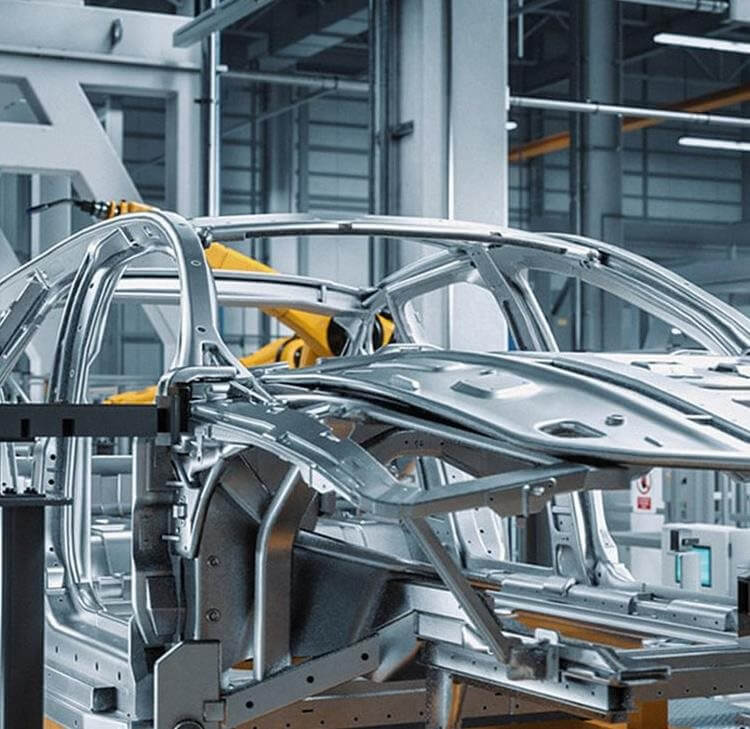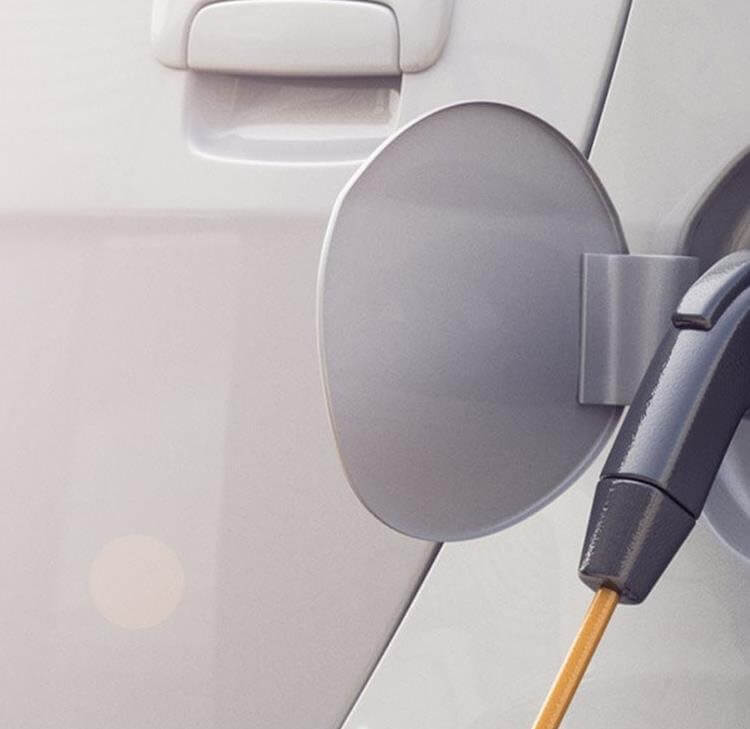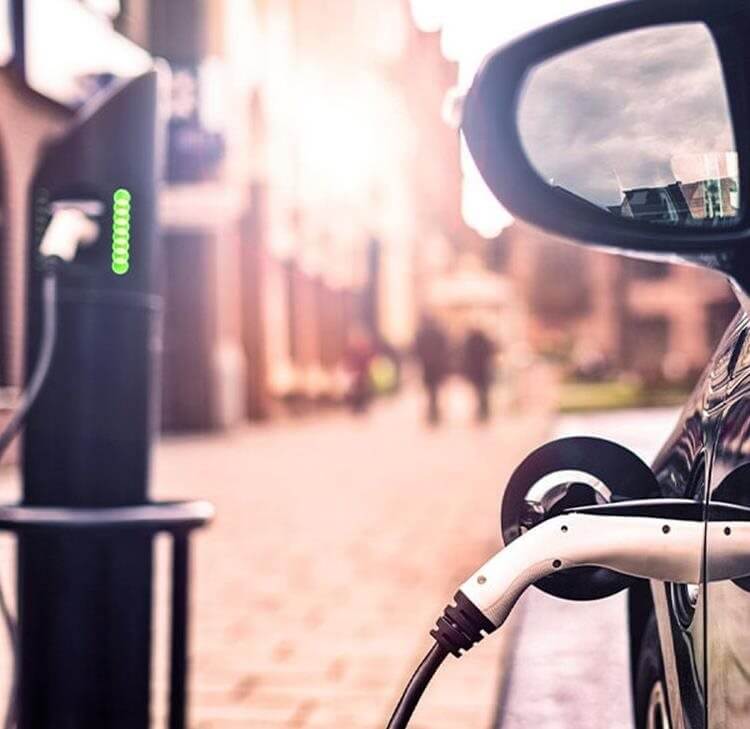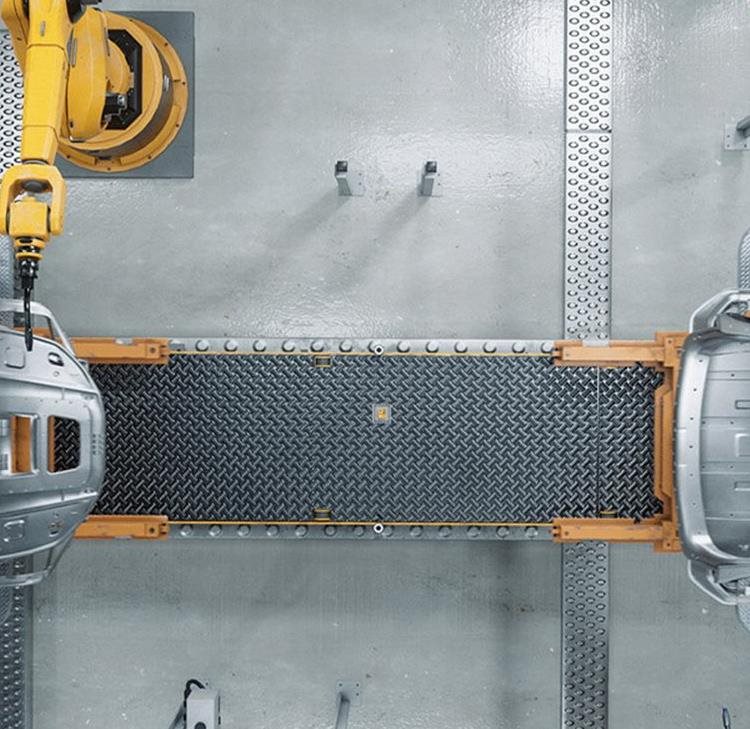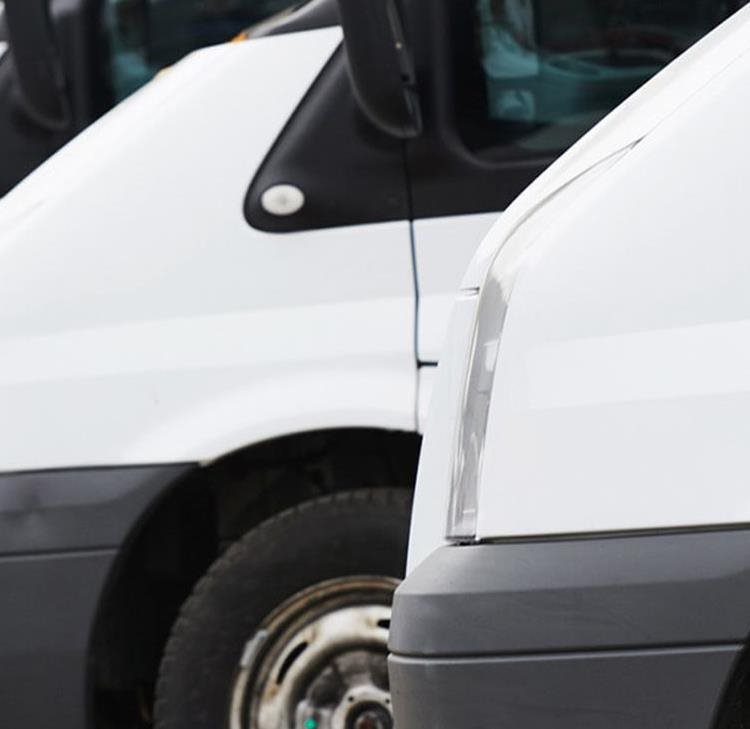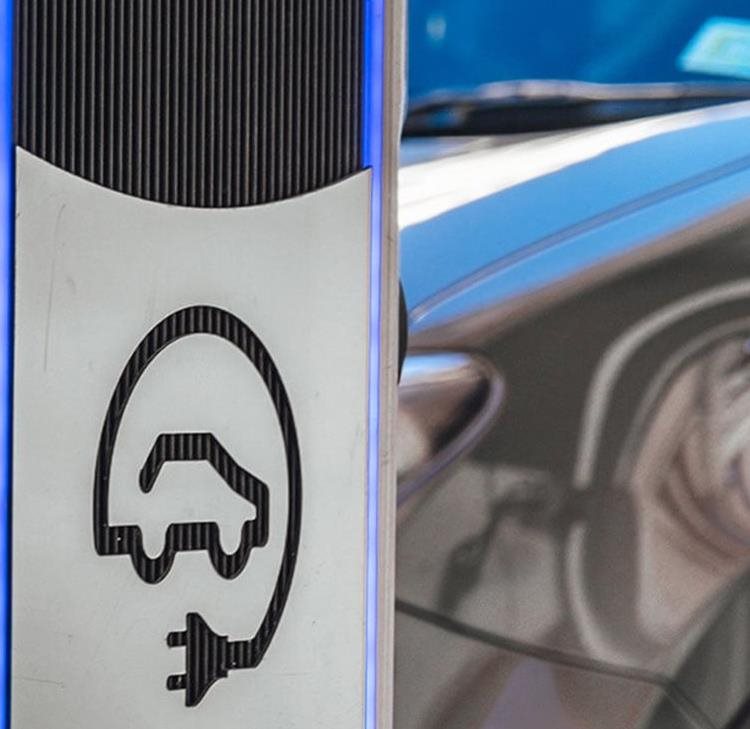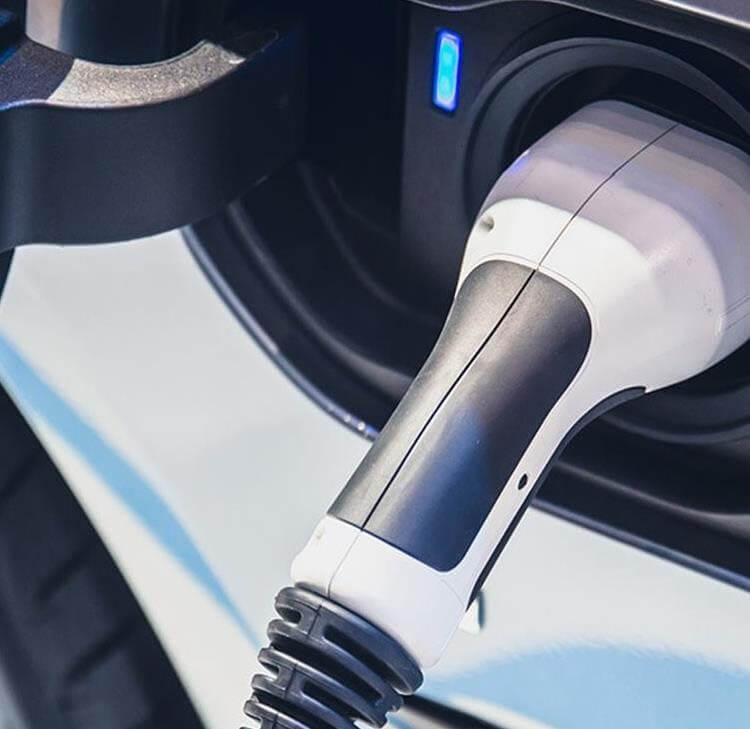Following reports from motorists alleging potential anticompetitive practices within the motor industry, the Competition and Consumer Protection Commission (CCPC) has issued a letter to importers and distributors, urging them to review their agreements and arrangements to ensure they do not give rise to anticompetitive conduct.
Origin of rising anticompetitive conduct
These practices have come to light as result of motorists’ complaints that they had been warned their vehicles warranties would be rendered void or invalid if repairs or routine services were carried out by independent garages, and not those forming part of a brand’s network of authorised repairers.
Motorists also claimed that independent garages, freely chosen by vehicle owners, were unable to access essential diagnostic data or tools due to restrictions imposed on these systems.
Possible consequences for motor industry companies
Such practices could give rise to illegal conduct, as they may restrict competition and result in companies preventing motorists from freely choosing an independent garage for servicing or repairs without jeopardising their warranty.
The letter sent to importers and distributors reminds them that a vehicle’s warranty should not be affected if non-original spare parts, not covered by the warranty, are used in repairs, provided those parts are of “matching quality” to the original components.
Reminder of fines
The CCPC has not yet commenced formal investigative proceedings against any specific business, according to the CCPC’s Director of Antitrust.
However, the CCPC reminded motor industry companies, should such practices persist, it has enforcement powers that could result in administrative sanctions up to €10m, or 10% of the company’s worldwide turnover (whichever is greater), for breaches of competition law.
Whistleblowing channels
The CCPC is also encouraging independent garages to keep reporting experiences of unfair restrictions whenever they are aware of it through email and telephone channels enabled for these purposes.
Looking ahead
The CCPC are of the view that “motorists must be free to choose where they service their vehicles and what parts they use without fear of losing their warranty. Independent garages must not be blocked from accessing essential diagnostic data or tools.”
Companies operating in the Irish automotive industry should review any arrangements that could result in potential anticompetitive conducts. If necessary, companies may need to have those arrangements amended or revised to ensure that access to spare parts, diagnostic and onboard diagnostic data tools are available to independent garages in the same conditions as authorised repairers, without the warranties of the vehicles to be at risk.
Failure to comply, whether maintaining restrictive warranty terms, limiting access to data or ignoring the warning letter from CCPC, may constitute a breach of the Competition Act 2002 and expose businesses to significant administrative fines and reputational harm.
The CCPC's shift from recommendation to enforcement marks a turning point in Ireland’s Motor Industry and reinforces the European Commission’s Motor Vehicle Block Exemption Regulation (MVBER) signalling a stricter and more proactive approach to competition law in the motor industry.
Related expertise
You may be interested in
Legal Update
Autumn Budget 2025 sector predictions: Retail
Published Article
Counterfeit automotive parts: Car manufacturer and dealer risks
Press Release
Browne Jacobson advises Phenna Group as it expands its presence in Ireland
Opinion
Motor injury claims on the rise in European markets
Legal Update - Retail law roundup
Retail law roundup: September 2025
Legal Update
Exploring bi-directional charging: The future of EV technology
Legal Update
A spotlight on motor insurance claims costs
Legal Update - Retail law roundup
Retail law roundup: August 2025
Legal Update
Admiral sets aside £50m for customer compensation
Legal Update
English Devolution Bill: Is it the end of upwards-only rent reviews?
Legal Update
Compliance obligations under the EU Batteries Regulation
Legal Update
Anticompetitive practices in Ireland's motor industry under scrutiny by the CCPC
Legal Update
Government plans to ban upwards only rent reviews catch everyone by surprise
Legal Update
Distribution in the UK and the EU
Legal Update - DMCC Act
The DMCC Act and consumer protection: Unfair commercial practices
Legal Update - DMCC Act
The DMCC Act and consumer protection: Investigation, fines and other measures which the CMA can take
Legal Update - DMCC Act
The DMCC Act and consumer protection: Misleading pricing and drip pricing
Guide - Autonomous vehicles
Autonomous vehicles in the UK: Where are we now?
Press Release
US-UK trade deal: Reaction from Browne Jacobson lawyers
Legal Update
Advertising trends: Influencers, intellectual property and image rights
Legal Update
US tariffs: Implications for the UK automotive sector and practical steps for businesses
Legal Update
Navigating the road ahead: Fate of the UK’s automotive EV market in 2025 and beyond
Legal Update
UK court clarifies copyright protection for "works of artistic craftsmanship"
Legal Update - Autonomous vehicles
The future of transportation: The UK's approach to automated vehicles
Press Release
Corporate sector: 2025 predictions
Legal Update - Autonomous vehicles
When roads diverge regulating autonomous vehicles: EU v UK approaches
Legal Update
Insurability by design: Increased transparency for vehicle manufacturers and insurers
Legal Update
Delivering EV charging infrastructure: The local government perspective
Guide
Guidance for manufacturers of EVs and HEVs in the UK: ASA's non-exhaustive electric vehicle advertising guidance
Legal Update - Autonomous vehicles
Changing lanes: Automated Vehicles Act 2024 becomes law
Legal Update - Autonomous vehicles
Update: Further debates on the Automated Vehicles Bill in the House of Lords this month
Legal Update - Autonomous vehicles
King’s Speech gives the green light for autonomous vehicles
Opinion - Autonomous vehicles
An Update on Autonomous Vehicles and the Transport Bill
Legal Update
The future of autonomous technology - August 2023
On-Demand - Autonomous vehicles
'Autonomous vehicles: what the future holds' on-demand
On-Demand
NSIA: the thorn in the side of M&A?
On-Demand
Automotive webinar - EV charging points: contractual and liability issues to be aware of
On-Demand
Automotive webinar - Grant Funding and Collaboration Agreements
In this session, we examined the legal framework around grant funded collaborations and discussed the key risks to be aware of, including IP ownership and compliance with grant terms.
On-Demand
Automotive webinar - Commercial Contracts
Published Article
The problematic transition to electric vehicles - what is the impact on manufacturing
It was reported in May 2022 that the BMW-owned manufacturer had been forced to put a temporary stop on the production of all manual transmission vehicles due to the global semi-conductor shortage and the war in Ukraine. Mini stated that the move was made in order to "ensure production stability".









